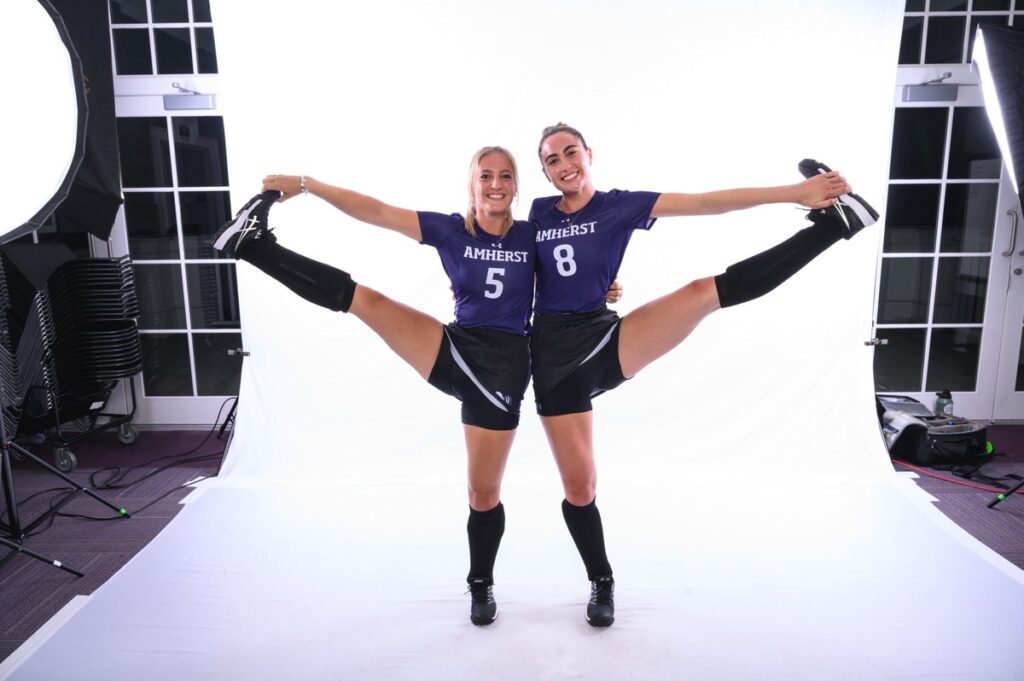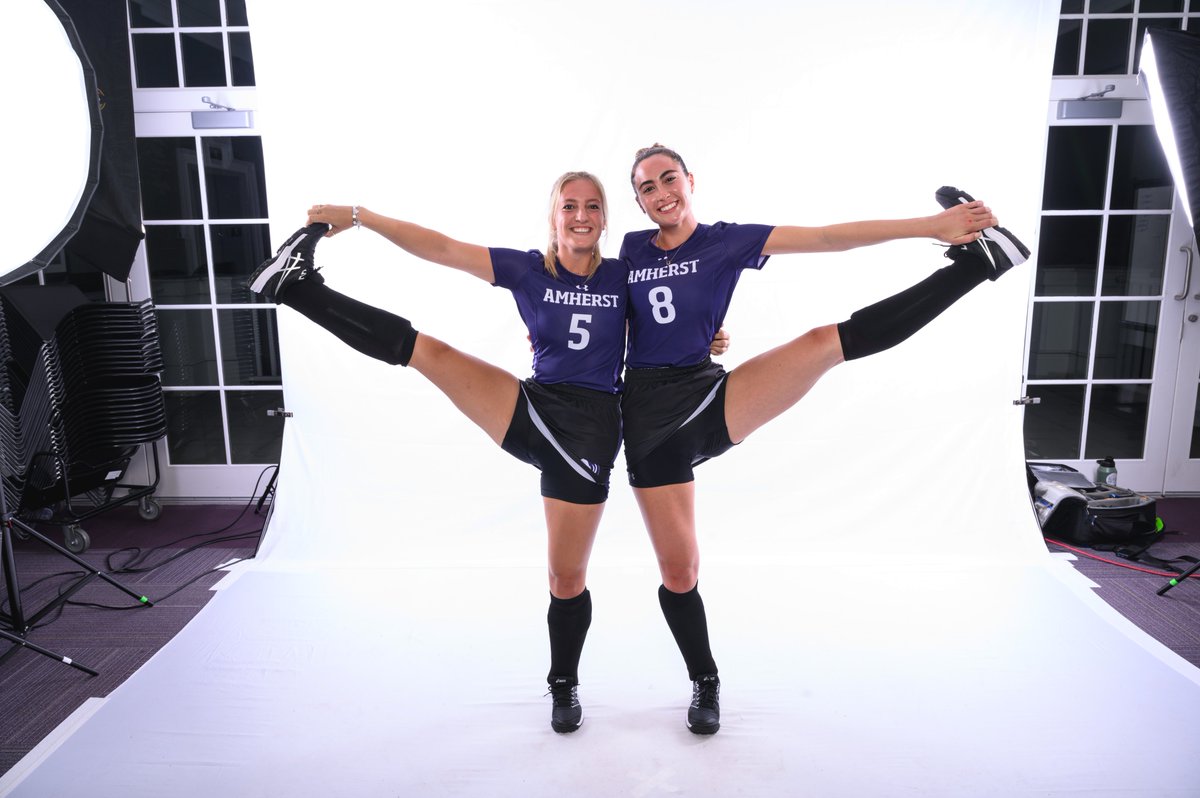
The Reality Behind “Sexiest Coeds” Lists: Objectification vs. Empowerment
The internet is rife with lists proclaiming to identify the “sexiest coeds” across various universities. These lists, often circulated on social media and certain corners of the web, spark considerable debate. While some might view them as harmless fun or a celebration of youthful attractiveness, a deeper examination reveals complex issues related to objectification, exploitation, and the pressures faced by young women in higher education.
This article aims to dissect the phenomenon of “sexiest coeds” lists, exploring their potential harm, the motivations behind their creation, and the broader societal context that allows them to thrive. We will delve into the ethical considerations, the psychological impact on the individuals featured, and the messages these lists send about the value and worth of women in academia.
The Objectification Problem
At its core, the concept of ranking “sexiest coeds” relies on objectification. Objectification occurs when a person is treated as a mere object or tool for someone else’s purposes, often reducing their value to their physical appearance. These lists reduce the complexities of a student’s personality, intelligence, and accomplishments to a single, superficial judgment of attractiveness. It ignores the hard work, dedication, and intellectual pursuits that define a true student.
The focus on physical appearance undermines the academic achievements of these young women. It suggests that their value lies primarily in their looks, rather than their intellectual capabilities or contributions to their communities. This can be particularly damaging in an environment where women are already striving to overcome gender biases and prove their worth in traditionally male-dominated fields. The label of being one of the “sexiest coeds” can overshadow their academic accomplishments and create unwanted attention.
The Potential for Exploitation
Many of these lists are created and circulated without the consent or knowledge of the individuals featured. This raises serious ethical concerns about privacy and exploitation. Images are often sourced from social media profiles without permission, and the individuals are then subjected to public scrutiny and judgment. The women are essentially being used for someone else’s entertainment and profit, without any control over how their image is being presented or used.
Furthermore, the attention generated by these lists can attract unwanted and potentially dangerous attention. The individuals may become targets of online harassment, stalking, or even physical threats. The lack of control over their image and the exposure to a large and potentially hostile audience can create significant anxiety and fear. The pursuit of identifying the “sexiest coeds” can inadvertently lead to real-world harm.
The Psychological Impact
The psychological impact of being featured on a “sexiest coeds” list can be significant and varied. Some individuals may experience a temporary boost in self-esteem from the attention and validation. However, this is often fleeting and can be followed by feelings of anxiety, pressure, and self-consciousness. The constant scrutiny and judgment can lead to body image issues, eating disorders, and other mental health problems.
Even if an individual is initially flattered by the attention, the long-term consequences can be damaging. The pressure to maintain a certain image and live up to the expectations of being “sexy” can be overwhelming. They may feel compelled to alter their appearance, behavior, or personality to conform to the image that has been projected onto them. This can lead to a loss of authenticity and a sense of disconnect from their true selves. The pursuit of superficial validation can be a dangerous trap for these “sexiest coeds”.
The Societal Context
The existence of “sexiest coeds” lists reflects a broader societal obsession with youth, beauty, and sexualization. This obsession is fueled by media portrayals, advertising, and a culture that often equates a woman’s worth with her physical attractiveness. These lists perpetuate these harmful stereotypes and contribute to a culture where women are constantly judged and compared based on their appearance.
Furthermore, the lists often reinforce traditional gender roles and expectations. Women are often valued for their attractiveness and sexual appeal, while men are valued for their power, status, and accomplishments. This reinforces the idea that a woman’s primary role is to be attractive to men, rather than to pursue her own goals and ambitions. The focus on “sexiest coeds” distracts from discussions about equality and empowerment.
The Role of Universities
Universities have a responsibility to protect their students from exploitation and harassment. While they may not be able to directly control the content of websites that publish “sexiest coeds” lists, they can take steps to raise awareness about the potential harm and provide support to students who are affected. They can also implement policies that prohibit online harassment and bullying, and take disciplinary action against students who engage in such behavior.
Furthermore, universities can promote a culture of respect and inclusivity, where students are valued for their intellectual contributions and personal qualities, rather than their physical appearance. This can be achieved through educational programs, workshops, and awareness campaigns that challenge harmful stereotypes and promote healthy body image. The university environment should prioritize the well-being of all students, including those who might be labeled as “sexiest coeds”.
The Importance of Critical Thinking
It is important to approach “sexiest coeds” lists with a critical eye. Consider the motivations behind their creation, the potential harm they can cause, and the messages they send about the value and worth of women. Challenge the idea that a person’s worth can be reduced to their physical appearance, and instead focus on their intelligence, character, and accomplishments.
Promote a culture of respect and inclusivity, where individuals are valued for their unique qualities and contributions. Speak out against objectification and exploitation, and support organizations that are working to empower women and promote gender equality. By challenging these harmful stereotypes and promoting a more equitable society, we can create a world where all individuals are valued for who they are, not just how they look. The discussion about “sexiest coeds” should lead to a broader conversation about respect and equality.
Moving Beyond Superficiality
Ultimately, the conversation surrounding “sexiest coeds” lists should be about moving beyond superficial judgments and recognizing the inherent worth and potential of every individual. Instead of focusing on physical appearance, we should be celebrating the intelligence, creativity, and resilience of young women in academia. We should be supporting their pursuit of knowledge and empowering them to achieve their full potential.
By shifting the focus from objectification to empowerment, we can create a more equitable and just society where all individuals are valued for their contributions and respected for their unique qualities. The obsession with identifying the “sexiest coeds” should be replaced with a commitment to fostering a culture of respect, equality, and opportunity for all. [See also: The Impact of Social Media on Body Image] [See also: Women in STEM: Overcoming Barriers] [See also: The Importance of Consent in the Digital Age]
The discussion surrounding “sexiest coeds” requires a nuanced understanding of objectification, exploitation, and societal pressures. It’s crucial to recognize the potential harm these lists can inflict and advocate for a more respectful and equitable environment for all students. The idea of “sexiest coeds” reduces individuals to mere objects of desire, ignoring their intellectual capabilities and personal achievements. Let’s strive to create a society where every student is valued for their unique contributions, not their physical appearance. The concept of ranking “sexiest coeds” is inherently problematic and perpetuates harmful stereotypes. It’s time to move beyond such superficial judgments and embrace a more holistic view of individuals. Let’s challenge the notion of “sexiest coeds” and promote a culture of respect and empowerment.

